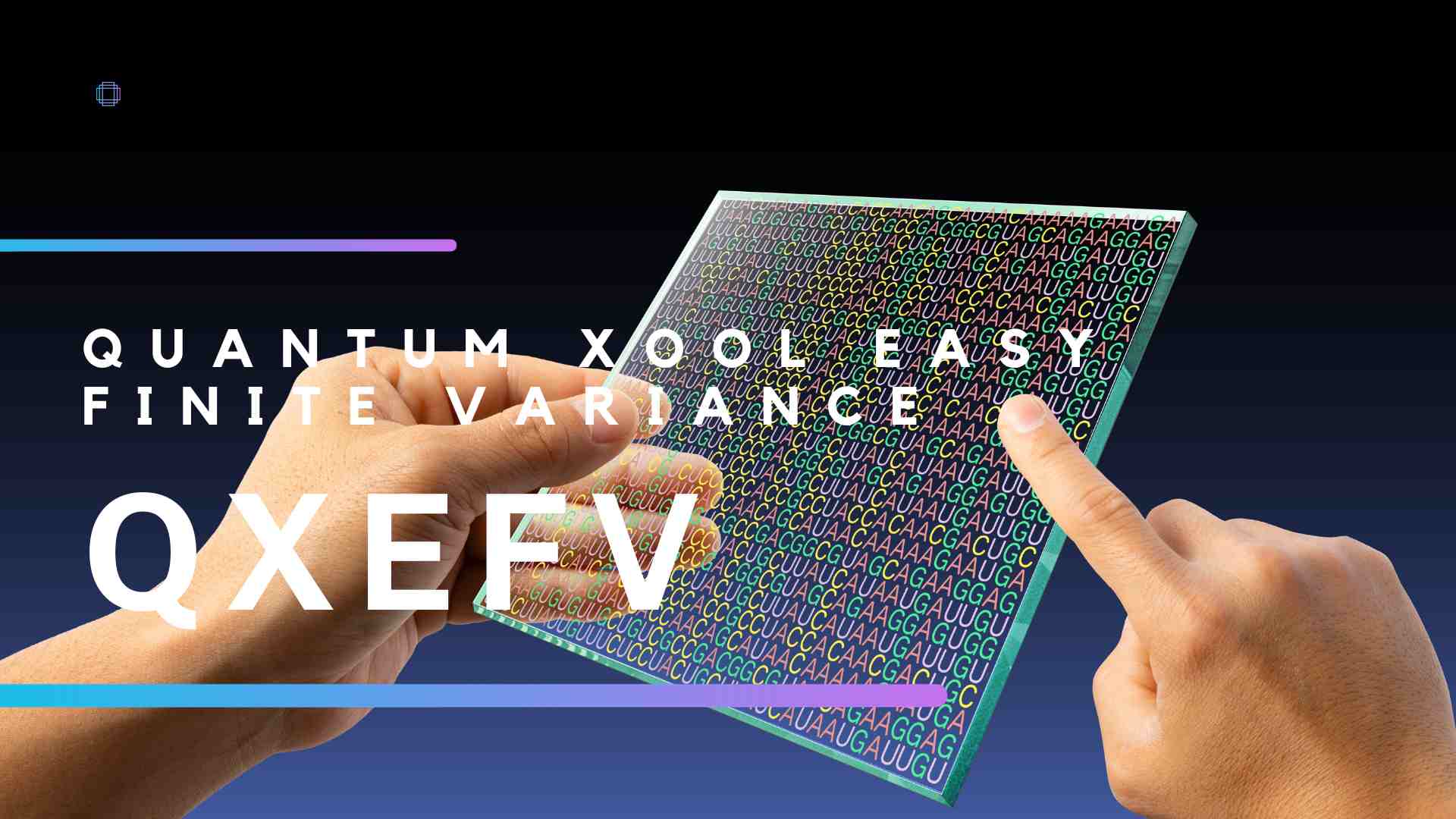The Secret Life of 127.0.0.1:62893: Your Computer’s Hidden Conversation
Imagine your computer as a bustling city, with data zipping around like cars on a highway. In this digital metropolis, there’s a special address that every computer knows by heart: 127.0.0.1:62893. It’s like the computer’s own secret hideout, a place where it can talk to itself without anyone else listening in. Let’s embark on a journey to uncover the mysteries of this digital address and why it matters in our increasingly connected world.
Decoding the Digital Address
The Home Base: 127.0.0.1
Think of 127.0.0.1 as your computer’s home address. No matter where you go in the digital world, this address always leads back to your own device. It’s like having a magic portal that always brings you home.
Key points about 127.0.0.1:
- Universal: Every computer recognizes this as its own address
- Private: It’s a safe space where your computer can test things out
- Always available: Even if you’re not connected to the internet, this address works
The Secret Room: 62893
Now, let’s talk about that number after the colon: 62893. If 127.0.0.1 is the home address, think of 62893 as a specific room in that house. It’s a place where a particular program or service hangs out, waiting to chat with other parts of your computer.
Why Should You Care?
Understanding 127.0.0.1:62893 is like having a backstage pass to how your computer works. Here’s why it matters:
- Troubleshooting Power: When you see this address in an error message, you’re one step closer to solving the problem.
- Development Superpowers: If you’re creating websites or apps, this address becomes your testing ground.
- Security Insights: Knowing how your computer talks to itself helps you keep the digital bad guys out.
Real-World Adventures with 127.0.0.1:62893
Let’s explore some everyday scenarios where you might bump into this mysterious address:
The Aspiring Web Developer’s Tale
Meet Sarah, a budding web developer. She’s crafting a cool new website and wants to see how it looks before sharing it with the world. By using 127.0.0.1:62893, Sarah can view her creation as if it were live on the internet, all while keeping it safely tucked away on her own computer.
The Database Detective Story
John is building an app that needs to store user information. Before launching it, he sets up a test database on his computer. The address 127.0.0.1:62893 becomes the secret handshake between his app and the database, allowing them to exchange information privately.
The API Architect’s Blueprint
Emma is designing APIs, the invisible bridges that let different software talk to each other. She uses 127.0.0.1:62893 to test these bridges, ensuring they’re sturdy before opening them to the public.
The Curious Case of the Disconnected VM
Many developers have encountered this perplexing message: “Disconnected from the target VM, address: 127.0.0.1:62893”. It’s like your computer tried to call home but got a busy signal. Here’s how to crack this case:
- Check if your program is actually awake and running
- See if another digital citizen is using the same room (port 62893)
- Make sure your computer’s bouncer (firewall) isn’t blocking the conversation
- Try turning things off and on again (the universal IT solution)
Is Our Digital Home Safe?
Using 127.0.0.1:62893 on your own computer is generally as safe as talking to yourself in the mirror. However, be wary of:
- Inviting strangers into your digital home (exposing local services to the internet)
- Running mysterious programs that claim to use this address
- Leaving your digital front door wide open (misconfigured firewall settings)
Fascinating Facts About Our Digital Domicile
Did you know:
- The numbers in 127.0.0.1 have a special place in the history of the internet
- Some tech-savvy folks have “127.0.0.1” tattoos as a geeky inside joke
- There’s a restaurant named “127.0.0.1” in Germany, catering to the tech crowd
Pro Tips for Digital Homeowners
- Keep a guest book (log) of which programs use which rooms (ports)
- Learn the basic language of your digital home (networking commands)
- Regularly check who’s hanging out in your digital spaces (port scanning)
The Future of Our Digital Dwellings
As technology evolves, our digital homes might change:
- Cloud computing might create new neighborhoods in our digital cities
- Artificial Intelligence could become the new butler in our localhost mansions
- Quantum computing might redefine what we consider “local” in the digital realm
Curious Minds Want to Know
Q1: Can my nosy neighbor peek into my 127.0.0.1:62893?
A: Nope, this address is your private digital sanctuary.
Q2: Why do I see different numbers instead of 62893 sometimes?
A: Different programs like to hang out in different rooms (ports).
Q3: Is 127.0.0.1 the same as my internet address?
A: No, it’s your computer’s private address, different from its public internet face.
Q4: Can I rename 127.0.0.1 to something cooler?
A: While possible, it’s like trying to rename your house number – not recommended!
Q5: What’s the difference between 127.0.0.1 and “localhost”?
A: They’re twins! “localhost” is just a human-friendly nickname for 127.0.0.1.
Wrapping Up: The Comfort of Digital Home
Understanding 127.0.0.1:62893 is like discovering a secret room in your house that you never knew existed. It’s a fundamental part of how your computer talks to itself, crucial for testing, troubleshooting, and creating amazing digital experiences.
Next time you come across this cryptic address, remember: it’s just your computer’s way of having a private conversation with itself. By understanding this digital self-talk, you’re not just learning about technology – you’re uncovering the hidden language of the digital world we live in.
So, embrace your computer’s secret hideout. Who knows what amazing things you might create or discover in this private digital space? Happy exploring in your localhost adventures!




